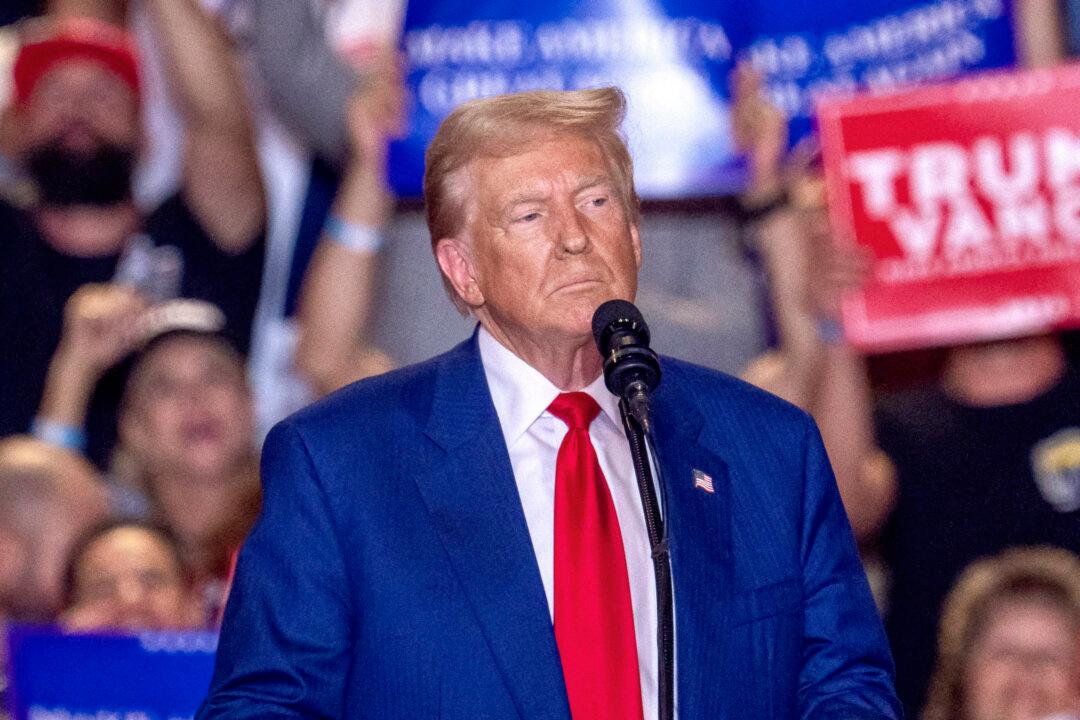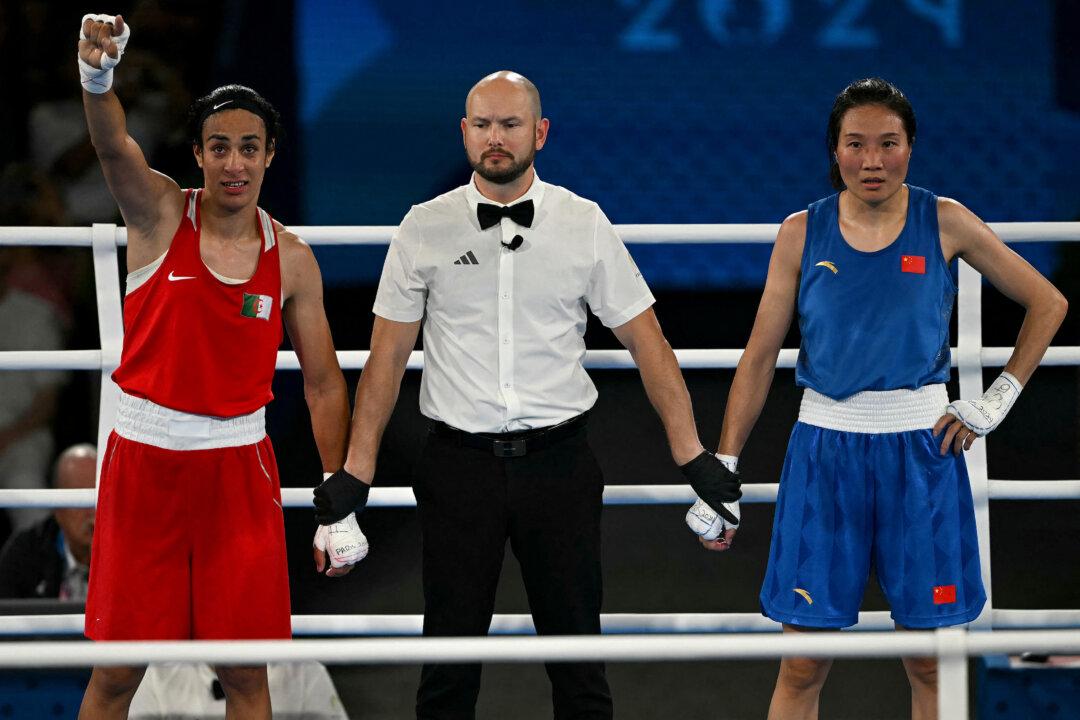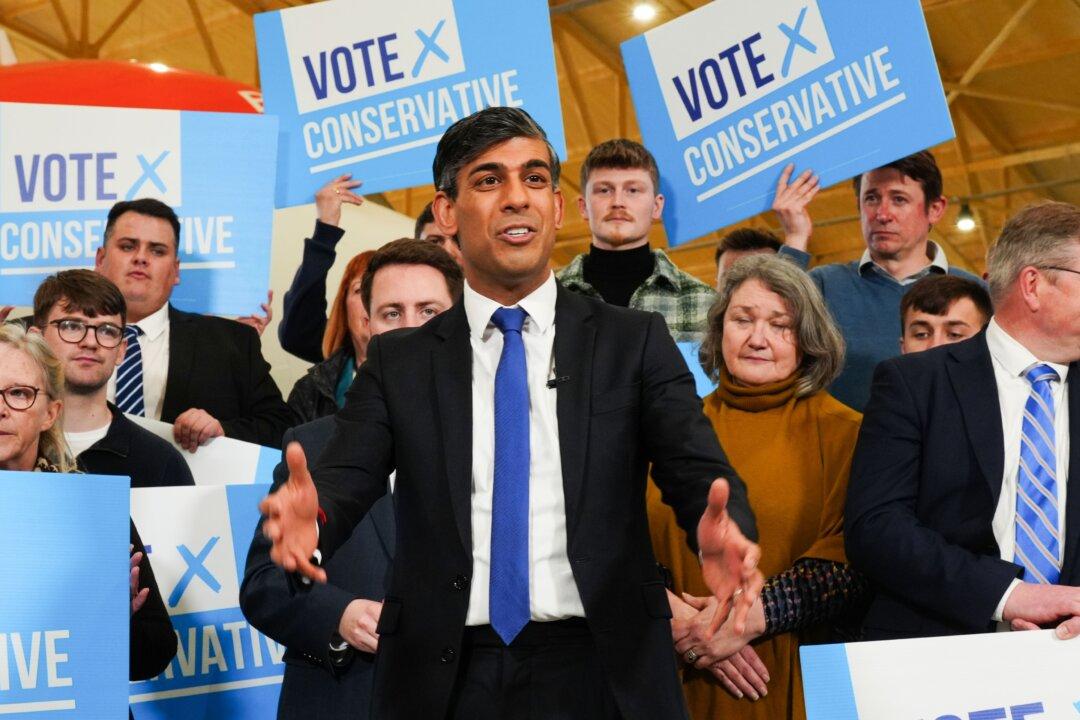UK Prime Minister Boris Johnson promised on Monday that the government would do everything it could to prevent energy suppliers from going under amid natural gas shortages in Europe.
According to British offshore oil and gas industrial body OGUK, wholesale prices for gas have surged 250 percent since January, with a 70 percent rise since August alone.




